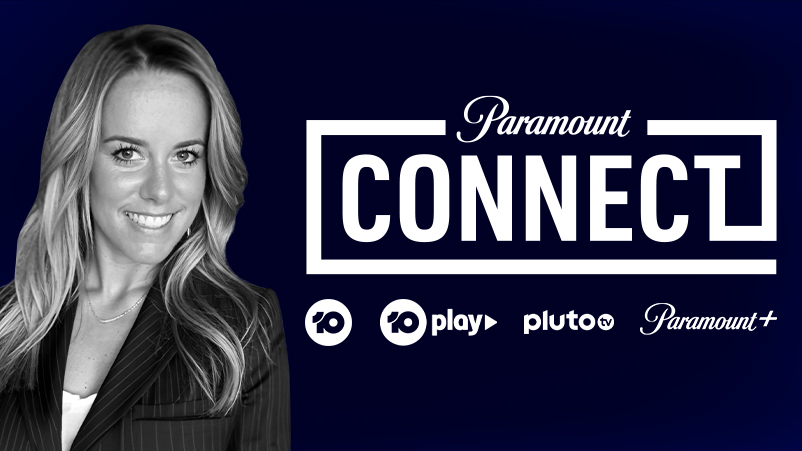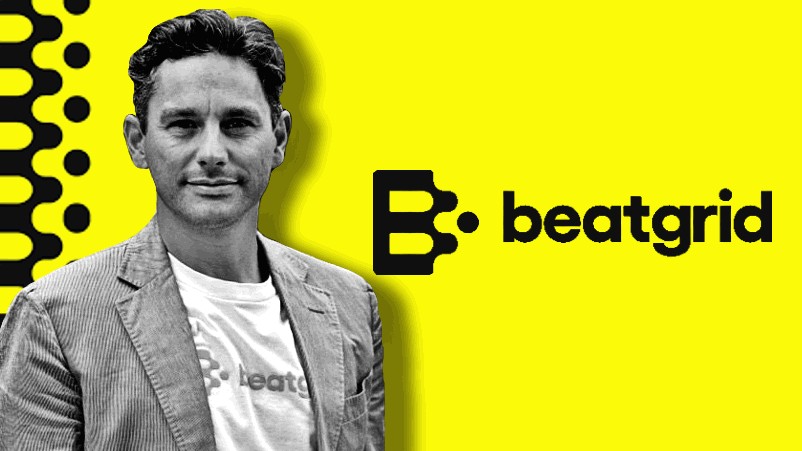'When you look at first party data, most of it isn’t first party': The ACCC is right to probe data broking – we need to focus on our own data, not other people's
The regulator is diving deep into data broking. But lets face it, enrichment hasn't really worked for media and marketing. We've ended up in a hellish landscape, constantly producing assets to feed the beast, rather than making good decisions that drive growth. Mutinex CEO Henry Innis thinks the ACCC's review presents an opportunity for a reset that's long overdue.
Time's up?
It’s no surprise to me that the ACCC has now opened an investigation into data brokers. That it’s taken this long is a surprise. But the signal here is clear – the ACCC wants data broking, the practice that so many in advertising have crafted 'first party data strategies' around, regulated.
When you look at first party data, most of it isn’t first party. Businesses collect datasets to identify people, then enrich that data with brokered attributes. Sure, they might ‘own’ the data. At best though, it’s questionable if it’s first party. If it looks and smells like third party, it probably is.
For too long, adland has been focused on the business of collecting other people’s data.
We make ourselves feel better by crafting non-threatening names. Things like “audience profiling”. “Segmentation”. “Targeting data”. Which are nice in a deck, and sound a lot less like we’re collecting someone else’s information.
Then, people got wise.
First there was Cambridge Analytica. Then the scandals around data brokers. The ACCC Digital Platforms report. Slowly but surely, the market has woken up.
Here’s the thing: most average punters don’t know that data broking businesses exist and when they do, they’re not supportive of their practices. This week, the IAB released a report as part of its Marketing Measurement Innovation Series entitled “First Party Data: Unlocking Measurement Capabilities.” In it they call back to a former report:
"The IAB and Ipsos report ‘Digital Data Exchange: The Consumer View’ outlines consumer attitudes to data collection and privacy and found that 87 per cent of Australians said they were supportive of online content and service providers making their money from advertising where access to content remains free for consumers. However, 70 per cent of respondents also indicated they were unaware of how online content providers make their money.”
The same report found that 81 per cent of consumers want more control over their data and 43 per cent want companies to stop sharing their data with third parties without consent as a priority. The knowledge gap between advertisers and consumers is real. And as awareness builds, so does the tide of people concerned about data sharing practices.
And yet, most of our first-party data strategies revolve around targeting people rather than collecting and organising business data. It’s truly nuts. Here’s what I know: the future of first party data is in organising data about what we as a business do, rather than brokering data about other people from dodgy sources.
This is a case my colleague Matt Farrugia made last week in the IAB's “First Party Data: Unlocking Measurement Capabilities” paper. But here I want to delve a bit further into why we take this position.
Wrong end?
Enriched data, as an industry, largely hasn’t worked. If we work off the principle of revenue growth, optimising to ever smaller and more granular segments ends up creating a complex marketing ecosystem with ever rising production costs. You end up in a hellish landscape where you’re constantly producing assets to feed the beast, rather than making good decisions that drive revenue uplift.
Sure, segmentation is useful. But it’s useful in doses. Not to the extent where we create 1000s of micro-segments based on tiny interactions that likely mean zip to how someone will respond to our marketing efforts. Of course, econometric models have shown this for years. And in my view, the future of first party data in adland isn’t constructed around data broking, but around revenue models to drive better and more profitable decisions in growth.
Better model?
Models and modelling in general exists to explain the real-world through software and numbers. GPT is able to predict language based on historical language patterns. Econometric models explain what a business and based on historical trends of activity and sales. Most modelling is, in fact, an attempt to represent the real-world numerically.
The information we have about the real-world, though, is spotty at best. Let me give you some examples.
Many brands don’t know how much they’ve spent in a given week. Or how many of their ads actually showed up to consumers. Of those ads, how many real people did they actually reach? All information that you should want at your fingertips to have a good understanding of what impact your brand is having in market.
I promise you, you’re never going to be disappointed knowing how much you spent and how many ads were shown in a given week. It’s data that should be par for the course to collect and access quickly.
Worse, when the information is needed, it’s often hard to get. Our industry is forced to ask people to pivot spreadsheets, merge multiple tables together and have lots of people manually cobbling together a numerical process. It’s hard, downright ugly, to get right. That’s no fault of the businesses as a whole, but a reflection of our culture of data quality being about the consumer, rather than our businesses. It’s a tension we need to challenge – and resolve.
Brands that do MMM – market mix modelling – often inadvertently solve this problem. By forcing themselves to model activity, they get in a better pattern of solving that problem.
But I can't help but think that we’d be better off as an industry if we changed our orientation. Instead of obsessing about how we can collect and use people’s data, we instead get great at organising our own.
By doing so, we might create a world where modelling becomes even easier, decisions become even better and the regulators (and our customers) are much happier.
That feels like a better industry for everyone.


